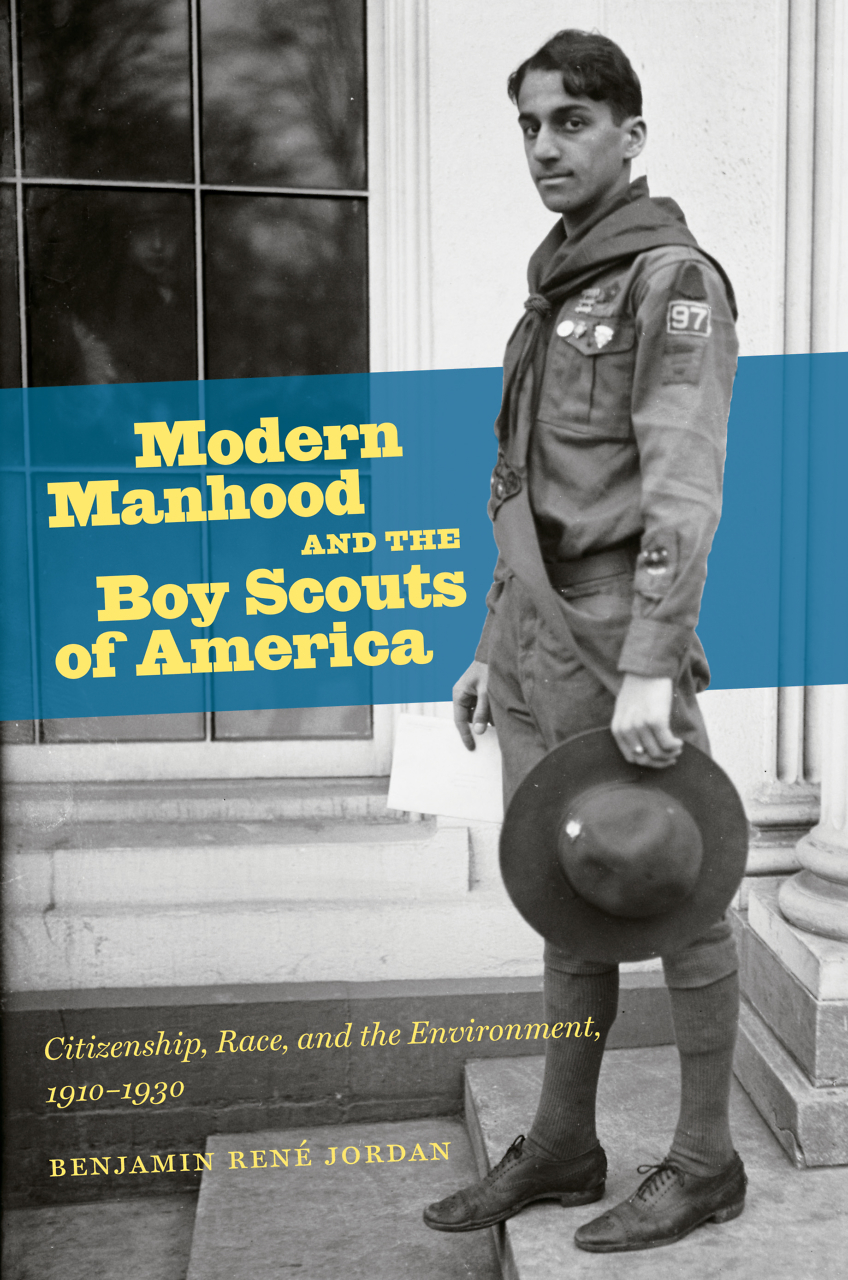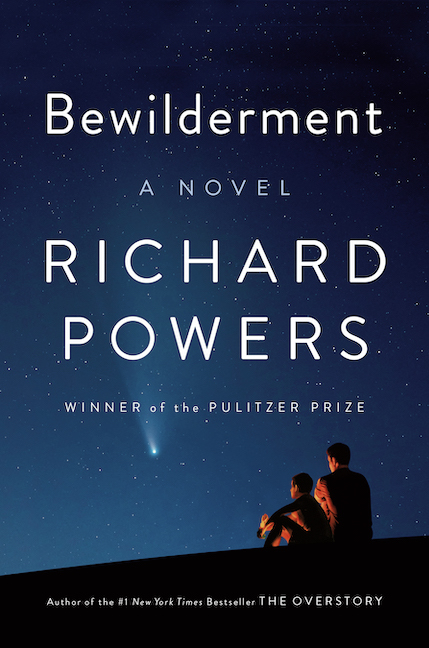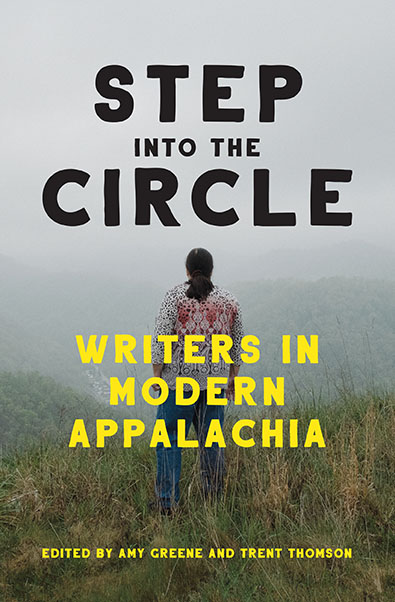The More Masks, the Better
In Tom Piazza’s A Free State, a runaway slave creates a new identity as part of a blackface-minstrel show in Philadelphia
Like a Delta bluesman, Tom Piazza sings about the United States in terms of love and loss and heartbreak. In his new novel, A Free State, and in previous works, America is a beautiful woman who has hurt you before and will hurt you again, but somehow you can’t keep from loving her. She whispers promises in your ear, painting pretty pictures of living together in peace and harmony, yet all the while she’s carrying on behind your back with your sworn enemy. Even when you hate your country for her lies and deceptions, you can’t stay away from her for long. It’s not simply that your desire for her outweighs your hate; it’s that the strands of America you love are so tightly interwoven with her flaws that you can’t separate them. My baby’s done me wrong, Piazza sings, but I’ll never leave her.
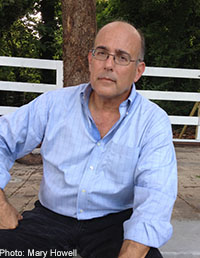 For Piazza, the music that has emerged out of the South embodies the contradictions at the foundation of the American experience. The institutions that blight our history and confound our present (slavery, segregation, and mass incarceration, to name a few) have given rise to genres of music that stand among our nation’s proudest cultural contributions. So much of the genius in spirituals, blues, jazz, and hip-hop originates in racial inequality and oppression that it’s impossible to imagine the good existing without the evil. African-American music celebrates individual expression but never lets listeners forget the injustices that have been perpetrated against racial minorities. That tension has generated decades of stirring music; in Tom Piazza’s hands, it produces moving fiction, as well.
For Piazza, the music that has emerged out of the South embodies the contradictions at the foundation of the American experience. The institutions that blight our history and confound our present (slavery, segregation, and mass incarceration, to name a few) have given rise to genres of music that stand among our nation’s proudest cultural contributions. So much of the genius in spirituals, blues, jazz, and hip-hop originates in racial inequality and oppression that it’s impossible to imagine the good existing without the evil. African-American music celebrates individual expression but never lets listeners forget the injustices that have been perpetrated against racial minorities. That tension has generated decades of stirring music; in Tom Piazza’s hands, it produces moving fiction, as well.
A Free State, set in 1855, features minstrelsy, one of the earliest forms of popular music inspired by blacks and co-opted by whites. In the decades before the Civil War, white musicians would put on blackface and adopt slave personas to entertain middle- and working-class crowds (always white) with renditions of Negro music. Though the shtick and on-stage banter were offensive in the extreme, portraying slaves as ignorant fools and plantation owners as genteel patriarchs, the music often captured the energy and flair of Negro music. Minstrel performances may have reassured audiences with their portrayals of African-Americans as naturally subservient and mentally inferior, but white fans were clapping their hands to rhythms and humming to melodies that would enable black musicians to define American music for the next century and a half.
In A Free State, James Douglass has fled his Pennsylvania farming family to lead a blackface minstrelsy troupe, The Virginia Harmonists, in Philadelphia. After a rush of early success, the group’s audience has started to dwindle. By chance, he discovers a mesmerizing new banjo player, Henry Sims, who gives the group new buzz and popularity. The problem for James is that Henry is actually black, and putting a Negro on stage could get the show shut down and the Harmonists thrown in jail. What could happen to Henry Sims is even worse. Henry is disguised as a “Mexican,” but the tension heightens when a vicious bounty hunter arrives in Philadelphia looking for a runaway slave matching Henry’s description.
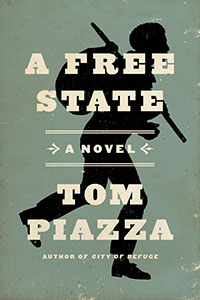 Despite the brevity of this readable novel, Piazza engages a number of complex issues, particularly the concept announced by the title. Pennsylvania is nominally a “free state,” but even there citizens are legally obligated to assist in the apprehension of slaves, who remain the property of their masters. And even abolitionists fail to recognize a slave’s individual humanity: “To abolitionists, Henry was a representative of a subjugated people, nothing less, and nothing more,” Piazza writes.
Despite the brevity of this readable novel, Piazza engages a number of complex issues, particularly the concept announced by the title. Pennsylvania is nominally a “free state,” but even there citizens are legally obligated to assist in the apprehension of slaves, who remain the property of their masters. And even abolitionists fail to recognize a slave’s individual humanity: “To abolitionists, Henry was a representative of a subjugated people, nothing less, and nothing more,” Piazza writes.
The only truly “free states” are interior, and the best way to access them is through music. When Henry Sims—at the time still called by his slave name, Joseph—first hears a banjo in a plantation wood shop, it changes his life. “As soon as Enoch played a note, Joseph was free. The sound was freedom.” In Philadelphia Henry gets “tired of being invisible,” but he can’t risk exposing his identity on the streets. The minstrel show provides a new medium for expressing his essential self. Performing onstage, Henry thinks, he does not have to accept anyone else’s “idea of what he was, or what he would do. You were free as long as you chose your own mask. The more masks, the better.”
Piazza has a long background in music, as historian and critic, and lives in New Orleans. He incorporated that experience into his scripts for the HBO show Treme, which was centered on the post-Katrina jazz scene. In A Free State, Piazza looks back to another time of crisis and examines how a musical form sheds light on the period’s racial attitudes. Pre-Civil War audiences in New York and Philadelphia could enjoy a peculiar sort of hypocrisy by denouncing slavery but thrilling to the sight of white men dressed as Negroes in a show that idealized the very society Northerners deplored as morally bankrupt.
Piazza captures the time period’s atmosphere through its substantial differences from our own, its streets and mores, clumsy transportation, and divided neighborhoods. To his credit, he doesn’t attempt to recreate the patois of unlettered nineteenth-century farmers or the dialect of runaway slaves. James Douglass, who narrates many chapters, speaks in clear, fluent sentences, his diction inflected more by his vocation as a musician than by his times or region. The America of A Free State remains sadly recognizable, a place of reckless beauty too often overshadowed by ideological duplicity and internecine violence.

Sean Kinch grew up in Austin and attended Stanford University as an undergraduate. He later returned to Austin, where he earned a Ph.D. in modern fiction from the University of Texas. He now teaches at Montgomery Bell Academy in Nashville.
